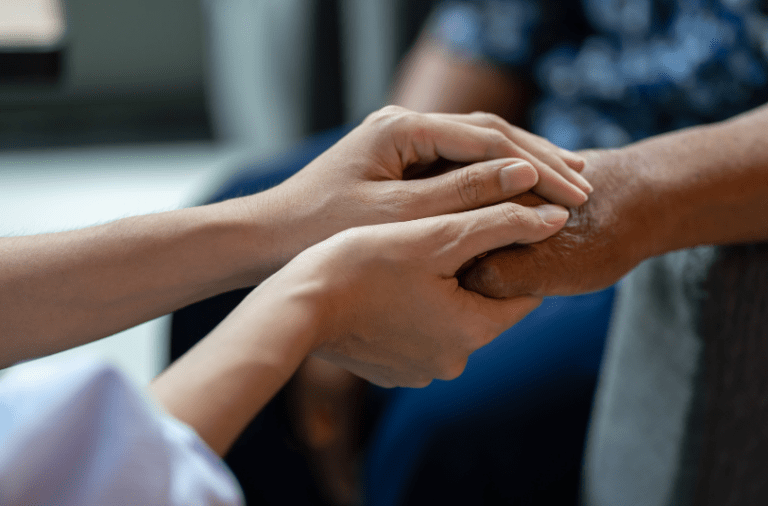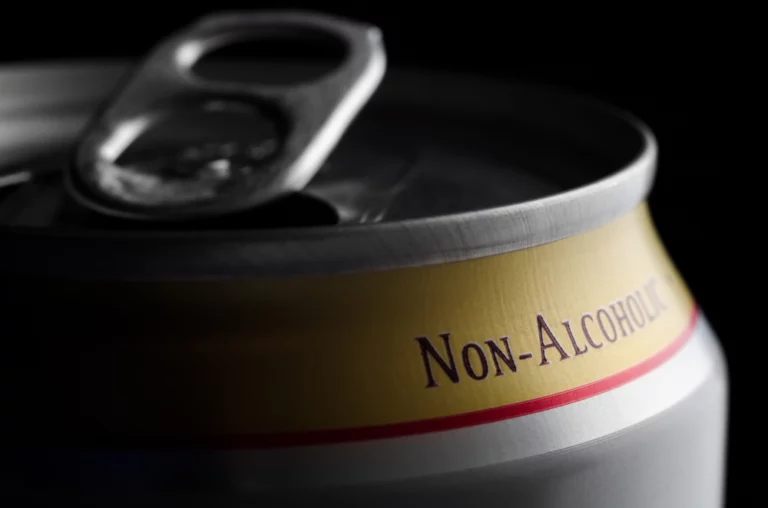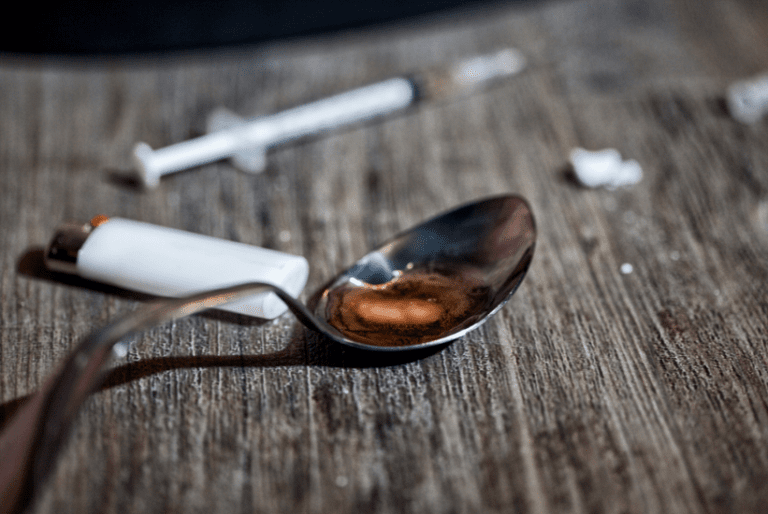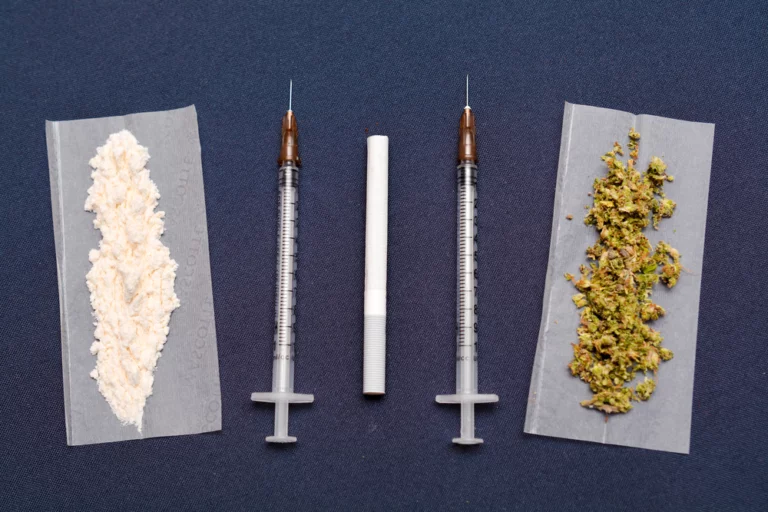What is the Good Samaritan Law and why is it Important?
The concept of the Good Samaritan goes back to biblical times. Good Samaritan laws were put into place to provide legal protection for people who attempt to provide assistance to another person who they believe is injured or having a crisis. Part of the reason these laws are important is that if something goes wrong it’s important not to blame the person who was doing their best to help. These laws are in place, in part, to help encourage bystanders to take action as opposed to standing idly by while another person is in jeopardy.
Why Good Samaritan Laws are Essential
Without the legal protections afforded by Good Samaritan laws, it would be possible to sue and prosecute a person who was simply trying to help another person for intentional injury or wrongful death.

In some places, Good Samaritan laws act as a way of not just encouraging people to help by insisting that they do help or face consequences for failing to attempt to provide assistance to a person in need.
These laws are significant when it comes to the opioid crisis. Consider a situation in which you see a person who appears to be overdosing on drugs. You could pass by and say that it is not your problem or you could attempt an intervention. The increased availability of naloxone (Narcan) gives everyday people more ability to make a heroic choice to assist someone they believe to be overdosing and thereby prevent an overdose fatality.
What to do in the Event of an Opioid Overdose
Call 911. Ask emergency responders to bring more doses of naloxone.
Attend to the person who appears to have overdosed. If they are conscious, try to keep them awake and talking.
In an emergency situation, if you believe someone has overdosed on heroin, fentanyl, or other opiates, attempt to use Narcan (naloxone) to save their life.
When administering the spray form of naloxone, spray once in each nostril of the person. Rub the person’s chest to promote breathing and blood flow throughout their body.
Once emergency services arrive, allow them to take over the situation.
Know the Signs of an Opioid Overdose
There are many potential signs of an opioid overdose. Some symptoms may include:
- Disorientation
- Confusion
- Hallucinations
- Weakness in extremities
- Lips and fingernails turning a bluish color
- Shallow breathing
- Gurgling sounds
- Indicates a person’s airway may be blocked
- Unresponsiveness
- Weak pulse
By taking action you may be able to help save a life.
It Takes a Community
Disturbingly, emergency services are called in an overdose situation less than half the time. One reason is that people fear involving the police. Police are most often the first responders to a 911 call and our system, on a whole, has not yet redirected back towards community policing in non-violent situations. This puts your average person on edge when they think about making a call to the police.
Calling 911 can result in fear that you will be interrogated for why you placed the call in the first place. Stating that you are simply trying to do the right thing and be a responsible Good Samaritan may not fulfill the questions from police.
Those with substance abuse disorders (SUDs) fear calling the police because they may have narcotics on their person. If searched, they could risk going to jail. People with addictions are at increased risk of poor treatment by police officers. It’s important that we, as a society, remove concerns about minor issues such as being searched by police if they are called to the scene of an overdose or potential overdose. We do not want bystanders to delay making a lifesaving call because they are weighing their options and culpability.
There have been situations in which people who have witnessed an overdose in progress and called police were later charged with crimes. In some instances, witnesses have been arrested for manslaughter after being interrogated for making the call. This acts as a deterrent from making the right choice.
Many states are working on amending laws to create what have been referred to as 911 Good Samaritan Laws. These laws aim to increase emergency care for people in overdose situations and provide those who make the call with a degree of immunity from arrest, charges, and prosecution for possession of drugs and drug paraphernalia. This includes situations related to underage drinking because it’s not worth risking a young person’s life by dissuading young adults from making an emergency phone call when they believe a friend may have alcohol poisoning.
Some laws seek to prevent those with criminal records from being at risk when doing the right thing. A person who fears violating their probation, parole, or fears related penalties, should not worry about making a life-saving call for emergency services when necessary.
Good Samaritan laws aim to expand access to naloxone by training first responders and everyday citizens to properly use this life-saving medication. We have to agree as a society that saving a life is always a top priority no matter who the person is that is asking for help in order to do the right thing.
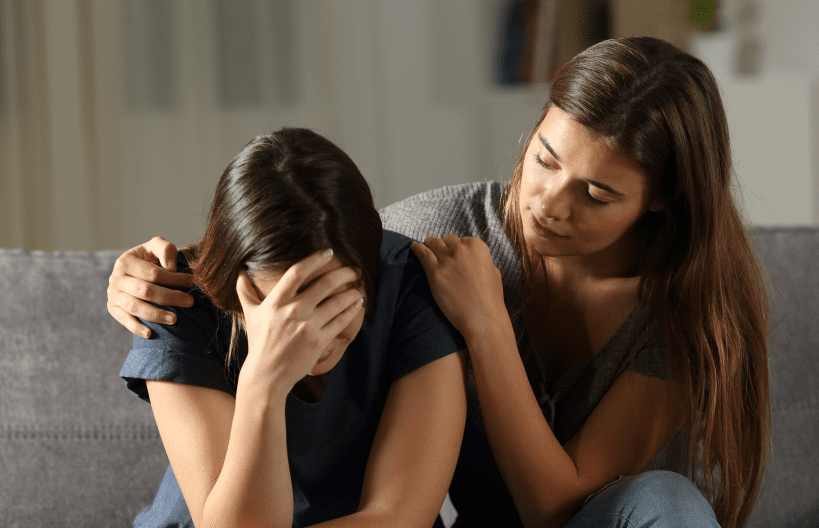
How To Be a Good Samaritan
One way is to be prepared. The next question is prepared for what? If you ask gun owners who think it is important to open carry or concealed carry a firearm, they will tell you that they are simply prepared to intervene if a situation arises. On the flip side, wise advocates concerned about everyday people having guns in public spaces will tell you that the presence of a firearm is an invitation to violence. When someone has a gun or a knife, they are more likely to find a situation in which they believe using that tool is essential. At scale, having a large military and an arsenal of weapons seems like an impetus for more wars.
Back to the everyday situation of the Good Samaritan. Being prepared to help means that you are less likely to freeze up in the heat of the moment. The Bystander Effect is a well-known cognitive bias that has led to a number of famous legal cases. An example involves a group of people who witness a crime in progress. Each person makes an assumption that someone else will step in to prevent further criminal activity.
One assumption might be that someone else has already called the police. Another assumption is that everyone else is standing idly by because they know someone that you do not. The reality is that someone has to act for others to feel safe to act. You can be the Good Samaritan by being the first person to take action in a life-threatening situation. Your actions may result in others feeling more comfortable to lend a hand. Together, then, everyone can help work towards the greater good.
If you or a loved one is in crisis, Oasis Recovery is here to help. Call us today to learn more about our many services.



